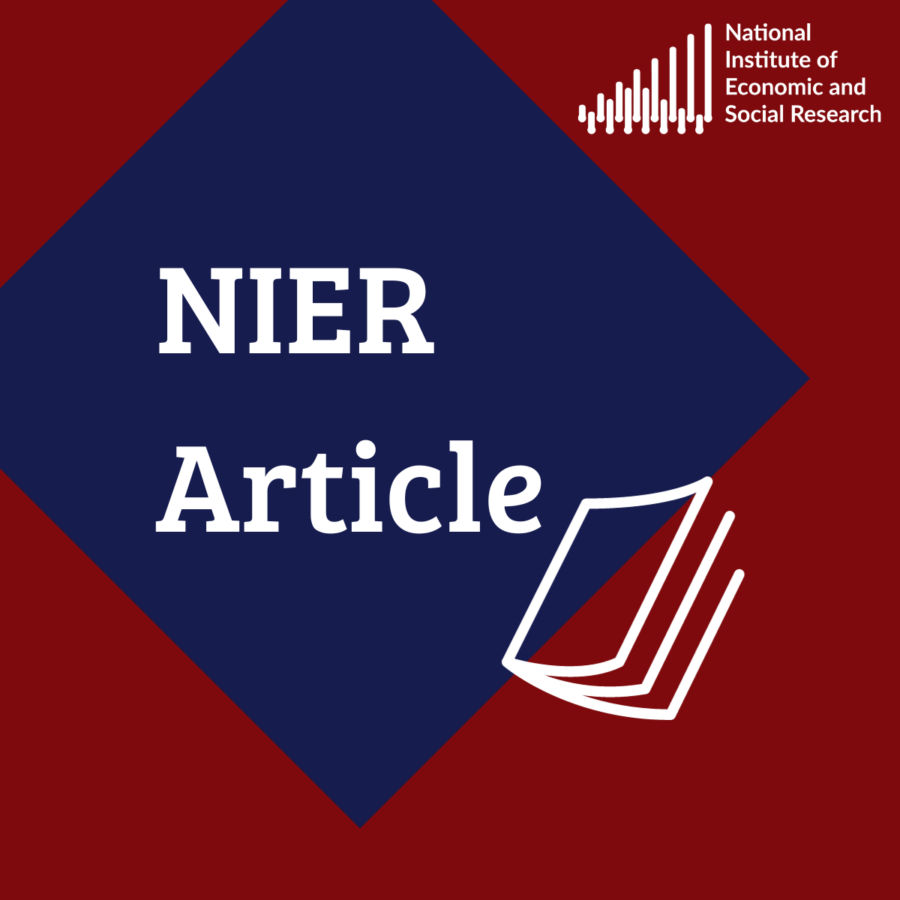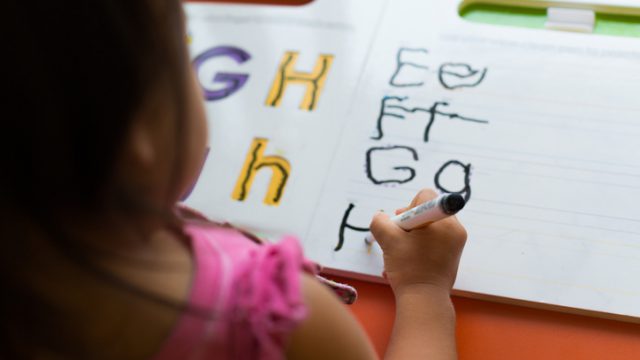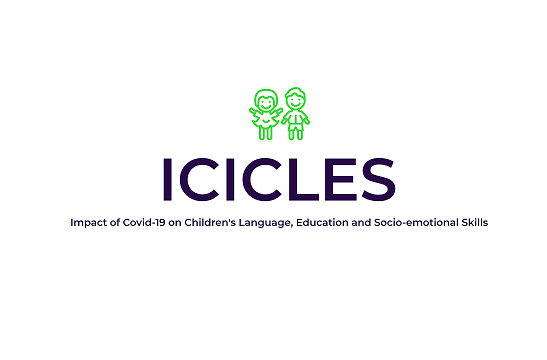- Home
- Publications
- Raising Schooling Attainments By Grouping Pupils Within Each Class
Raising Schooling Attainments by Grouping Pupils Within Each Class
 Pub. Date
Pub. Date
 Pub. Type
Pub. Type

The object of this Note is to caution against accepting, at least in the context of English schooling policy, conclusions drawn by a group of Canadian educational researchers from their survey (a 'meta-analysis' - as they call it) of a mass of earlier classroom studies which, they say, on average significantly favour - not 'whole-class teaching' - but dividing pupils within each class into small groups according to their ability ('homogeneous within-class ability-grouping'). Issues of this kind have for long been of great concern to educational policy makers; in simplistic terms: those more anxious to advance social egalitarianism have tended to favour mixed-ability teaching of the whole class, while others - more worried about academic (or 'cognitive') attainments - have preferred some form of division of pupils according to 'general ability' (in whatever way that may be ascertained) or according to attainments in particular subjects.
Related Blog Posts

Understanding Skill Mismatches and Regional Mobility
Larissa Marioni
Adrian Pabst
22 Apr 2024
4 min read

What Can Be Done To Better Protect Children and Young People From Serious Safeguarding Incidents?
Sophie Kitson
Ekaterina Aleynikova
19 Feb 2024
9 min read

Putting Increased Pressure on a Fragile System Does Not Help
Claudine Bowyer-Crane
Cecilia Zuniga-Montanez
15 Jan 2024
5 min read

Related Projects

Catch Up Literacy Pilot Study

Better Start Bradford
Related News



Press Release: Targeted home support could be key in children’s early language development
21 Apr 2021
5 min read
Related Publications


Adam Smith and the Bankers: Retrospect and Prospect
04 Jan 2024
National Institute Economic Review

On the Promises and Perils of Smithian Growth: From the Pin Factory to AI
04 Jan 2024
National Institute Economic Review

Economic Progress and Adam Smith’s Dilemma
04 Jan 2024
National Institute Economic Review

